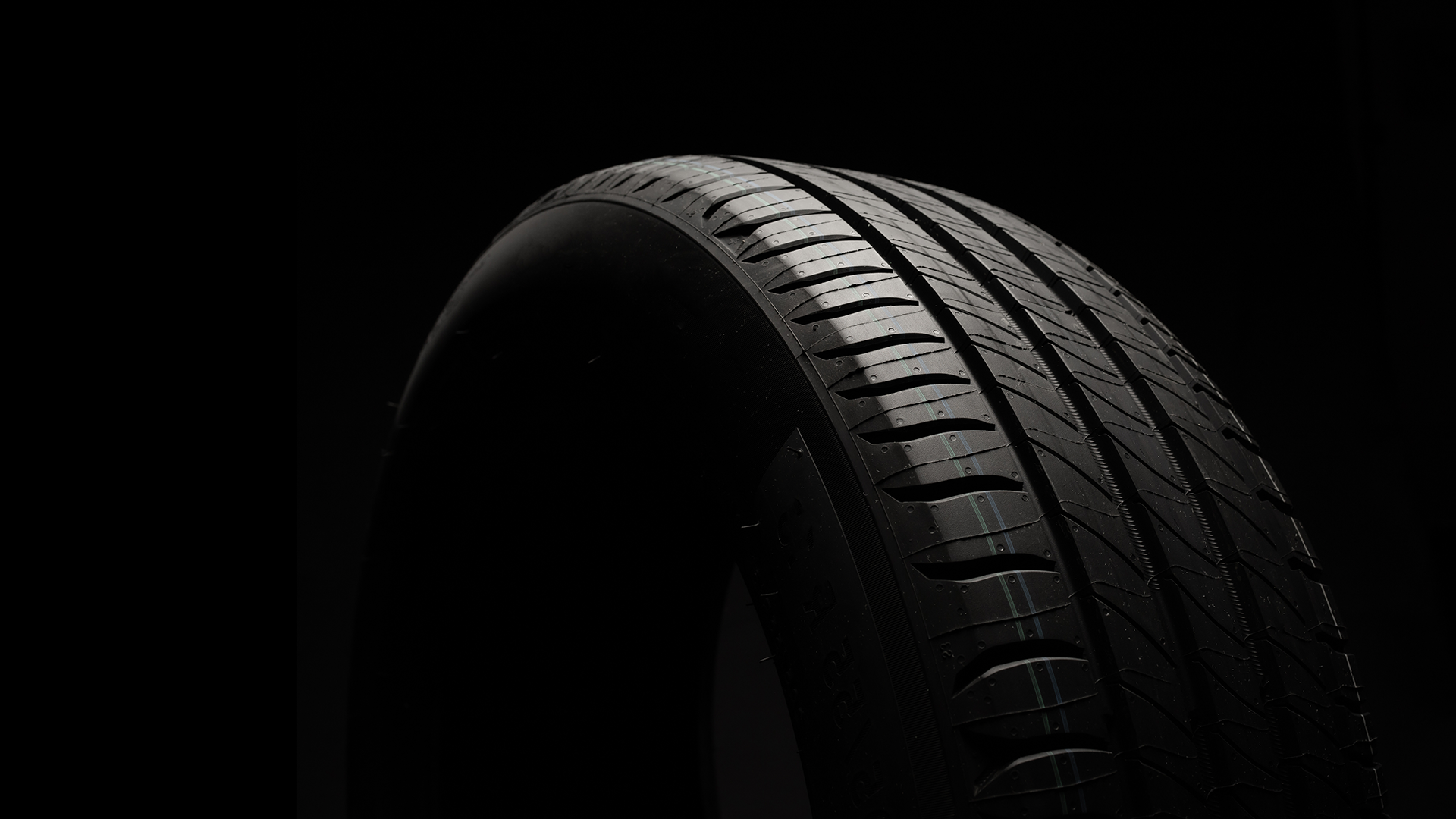More efficiency and control of Michelin production lines with predictive monitoring
Thanks to the call for innovation projects promoted by CIM4.0, dedicated to sustainable and digital manufacturing, Sensor Reply supported Michelin in monitoring production lines. The collaboration involved developing a scalable and flexible approach based on AI models to promptly identify potential causes of malfunctions and prevent production downtime.
,allowExpansion)
The challenge
Optimise the efficiency and management of the industrial production line thanks to an intelligent and preventive anomaly detection system.
SCENARIO
Transforming manual component control
Michelin, a leading company in the production of tires, manages large and complex production lines: one of these is dedicated to the production of the inner part of the tire, one of the main semi-finished products in the production process. The production line consists of 20 different processing stages, each with numerous components that perform specific movements. A complexity that can lead to wear, inefficiency and line stoppages that, added together, generate delays, production losses and loss of resources used. Michelin therefore needed to effectively monitor its lines, making diagnostics more efficient, historically relied on subjective evaluation and manual intervention by an operator.
Detecting the functional 'drift' of each component in time, before a fault occurs, can make a difference.
For this reason, Michelin turned to Sensor Reply asking to introduce an automated and widespread control system, which could enable predictive maintenance.
The solution
From data to diagnostics
To respond effectively to the request, Sensor Reply started from the analysis of the data available to Michelin (cycle time, maintenance history), coming from the computers of the line machines and from digital documents, obtaining a specific characterisation of each component, in order to detect any degradation and allow proactive maintenance of the operator. From here, thanks to an approach based on algorithmic analysis and AI models, Sensor Reply has developed a solution for detecting functional drifts and notifying anomalies. Through a dedicated dashboard, operators are thus able to view and identify quickly and comprehensively the seriousness of the problem, intervening where necessary. In this way, the possibility of micro stops can be foreseen by managing them well in advance, while cases of real line interruption, due to wear or breakage of components, are canceled or reduced to a minimum.
)
How we dID it
Analysis for predictive maintenance
Our solution included three important work phases:
THE results
Predictive, reliable, scalable monitoring
The system developed by Sensor Reply allows the identification of possible critical issues well in advance, more than 100 days, compared to the moment when the operator noticed and intervened to correct the problem: an important result, which increases production efficiency and the very life of the machines. In the next project steps, the solution will be implemented on all the machines in the production line, allowing Michelin to switch from manual inspection and control operations to advanced monitoring, which prevents critical issues and optimizes maintenance. The diagnostic system created by Sensor Reply has helped to reduce the costs of extraordinary maintenance, offset by routine and scheduled maintenance.

Michelin is becoming a world-leading manufacturer of composites and life-changing experiences. A pioneer in the design of innovative materials for more than 130 years, it is using its expertise to make a decisive contribution to human progress and a more sustainable world. Thanks to its in-depth know-how in the field of composite polymers, Michelin is constantly at the forefront of tyre and component production. The quality of its products and its in-depth knowledge of its customers allow Michelin to offer the best experiences: from connected solutions based on data and artificial intelligence for professional fleets, to recommendations of exceptional restaurants and hotels selected by the MICHELIN Guide. Present in Italy since 1906, Michelin is today, with around 3800 employees, the country's leading tyre manufacturer with two major production plants: Cuneo, car tyres; and Alessandria, truck tyres. The Head Office is in Turin together with a semi-finished tyre production activity and an important Logistics Centre. Another Logistics Centre is located in Rome, while the Sales Department is in Milan.

